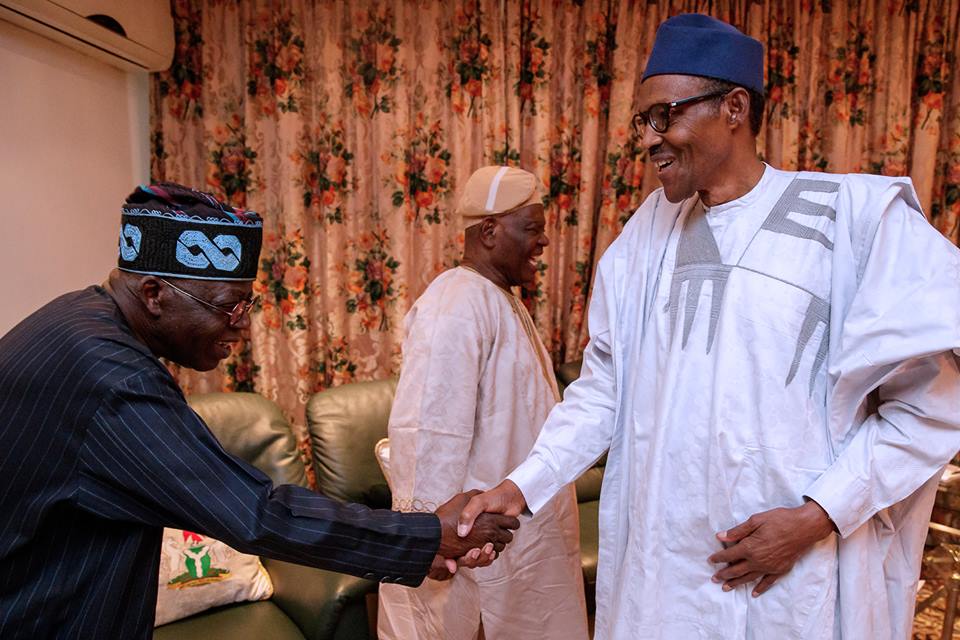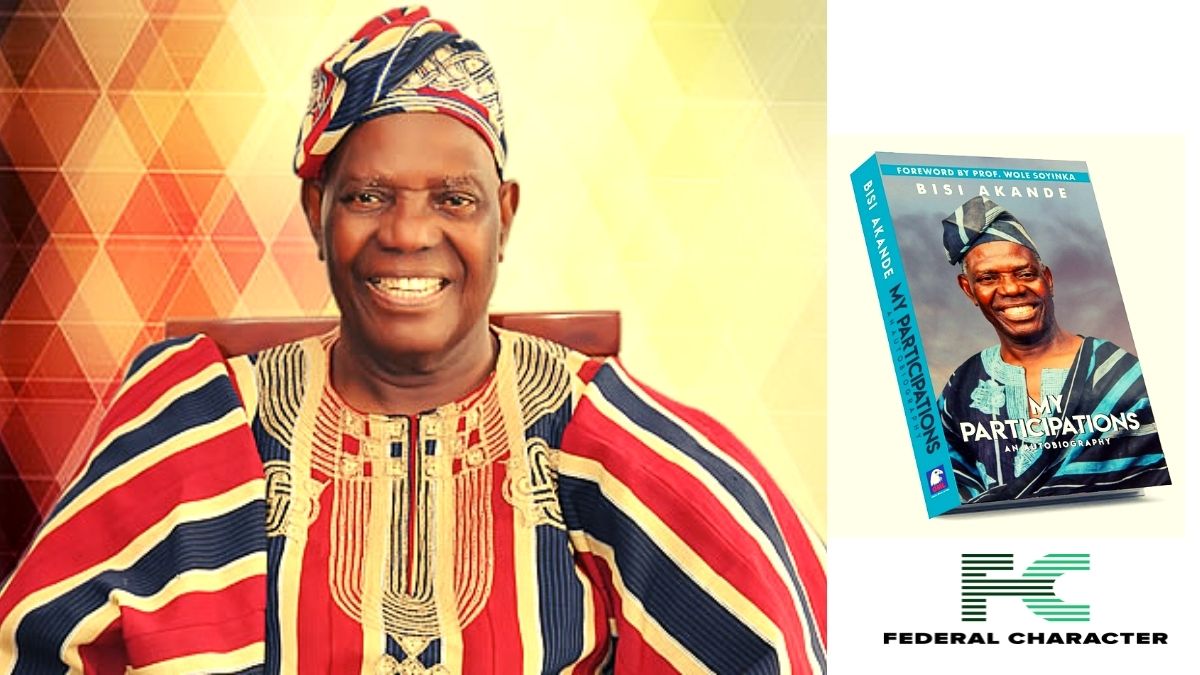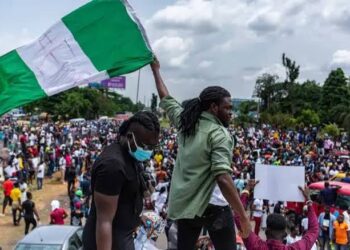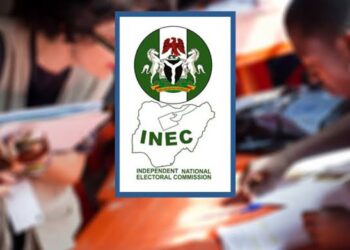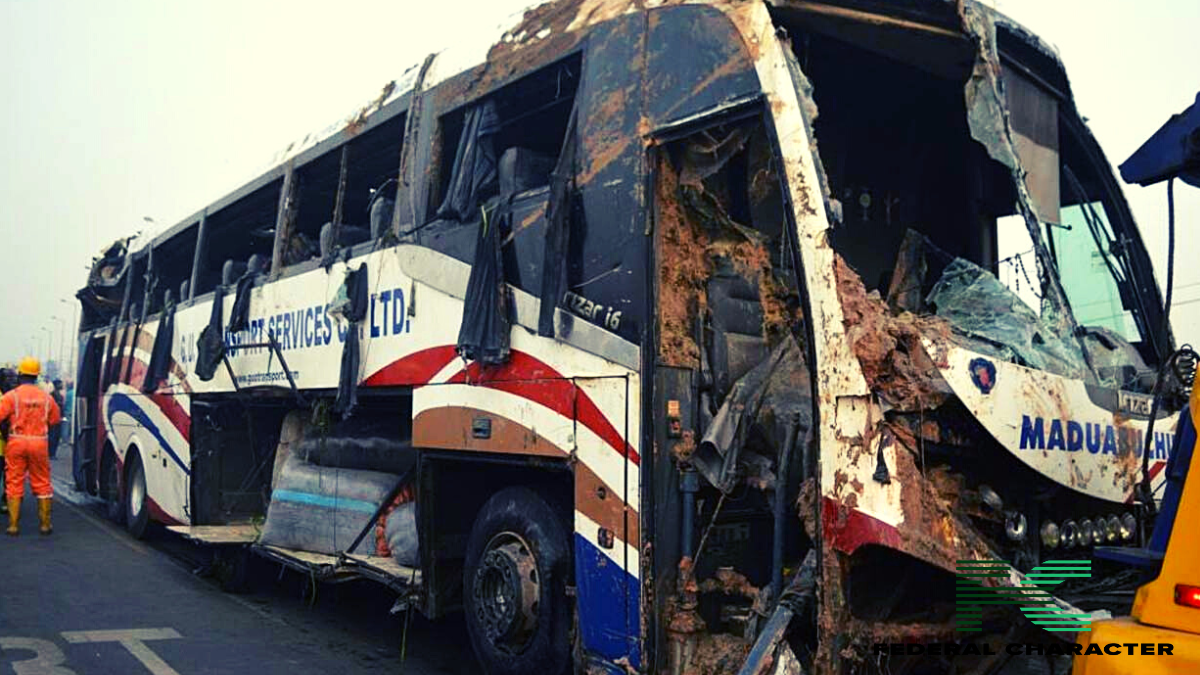It is not a surprise that the former governor of Osun State from 1999-2003, chief Bisi Akande used his memoir to settle scores at those who might have hurt him along his political journey, which he adequately littered with unsavoury words. Akande came from the line of Yoruba leaders that hardly forget nor forgive any perceived wrong doing metted out to them. This type of Yoruba leaders dwell more in the past rather than the future but stylishly smuggled in the political permutations of 2023.
In the The 534-page memoir, that includes an 11-page foreword by Nobel Laureate, Prof Wole Soyinka, titled “My Participation” was written for two obvious reasons. First, to render his own interpretation of past events in Yorubaland, notably since the return to civil rule in 1999, and secondly, to remind President Muhammadu Buhari in a subtle way that He (Buhari) has a responsibility not to renege on a certain political agreement that facilitated his ascension to power in 2015.
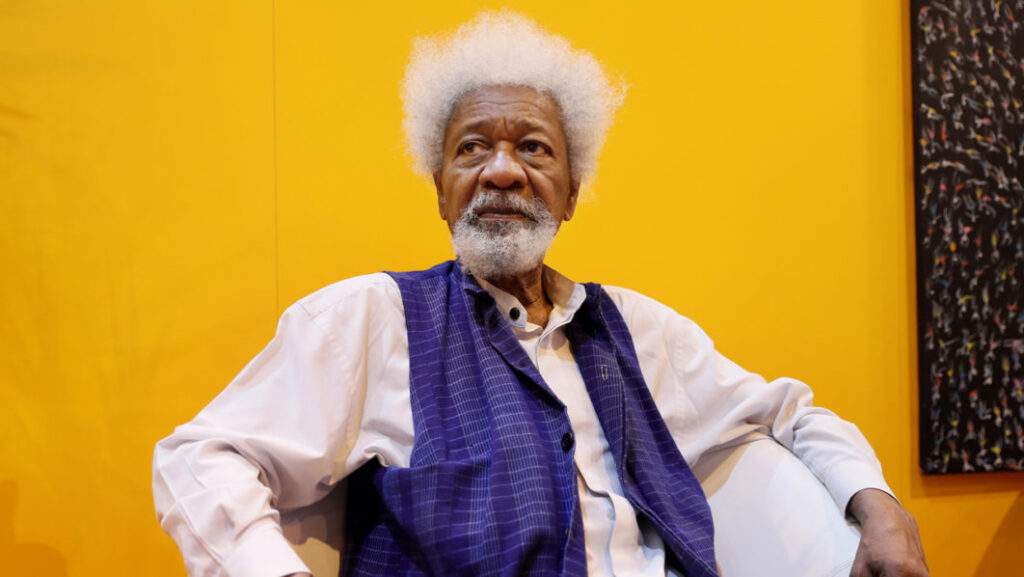
Let’s begin with past events in Yorubaland. As someone that has been in politics since the Second Republic starting with the 1977 Constituent Assembly, and a founding member of the Alliance for Democracy (AD) in 1998, Akande’s “My Participation” is rich with historical insight and it is fun to read.
He gave insight into how a polytrick of successor started just a month after the demise Chief Obafemi Awolowo in 1987, he narrated that Awolowo’s disciples had gathered in Ikenne for their meeting, and the late Mrs HID Awolowo had taken a seat usually sat on by her husband, wanting to preside and how, according to Akande, Late Adekunle Ajasin confronted her. ‘You have to leave that chair,’ he told her. ‘That is my chair!’” Awo’s wife immediately yielded the chair to Ajasin.
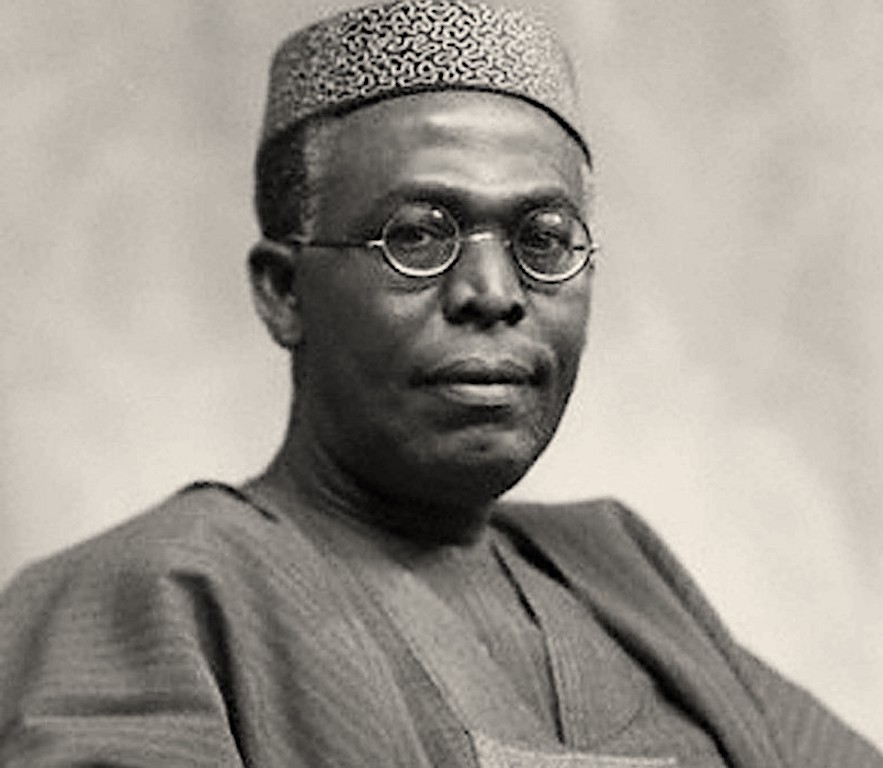
He highlighted the division among Yoruba political leaders resulting from the 1999 conclave of 23 old men, where Chief Olu Falae defeated the late Ige. Let’s begin with the politricks about how Ige lost the AD presidential ticket to Falae in 1999, as recounted by Akande. With the conduct of the local government election scheduled early that year, a meeting of the party’s big wigs was convened at the home of the late Ambassador Tanko Yusuf in Kaduna. All Afenifere leaders (Bola Ige, Olaniwun Ajayi, Ayo Adebanjo, Ganiyu Daodu, Olu Falae, Segun Osoba, Femi Okunrounmu, Wahab Dosunmu, Bola Tinubu, Ayo Fasanmi) were present at the meeting. That night, Akande said he advised Ige to inform “his three friends” (Ajayi, Daudu and Adebanjo) about his presidential ambition. He said Ige heeded his admonition because he saw him discussing with the trio. Let’s take the rest of the story from Akande’s memoir:
“We then left for Kaduna airport to board Chachangi airline for Lagos. Inside the plane, I saw his three friends talking animatedly with Chief Ayo Fasanmi. As soon as we alighted from the aircraft, Ayo Fasanmi asked me for a ride in my car to Dr Tunji Otegbeye’s house at Ikeja GRA. On our way, he told me that the three friends would not support Bola Ige’s ambition because, according to him, Bola Ige would be too tough to control as President of Nigeria. That began the surprises at the Ibadan D-Rovan meeting of Afenifere contrived committee where Chief Olu Falae was preferred to Chief Bola Ige as the presidential candidate of AD.”
On Ige’s assassination, Akande points fingers in the direction of President Olusegun Obasanjo, Chief Olabode George, the late Alhaji Lamidi Adedibu, Omisore and other Southwest PDP leaders at the time without any evidence. The assassination of Ige in December 2001 remains an open sore, and the single most important reason why Afenifere appears to have lost its way.
Akande has bitter words for many people, except of course Tinubu, on whom he lavished praise at every turn. There is even an entire chapter (34) dedicated to the former Lagos State Governor titled, ‘Tinubu, The Strategic Thinker’, which brings to the fore the second reason why Akande wrote the book.
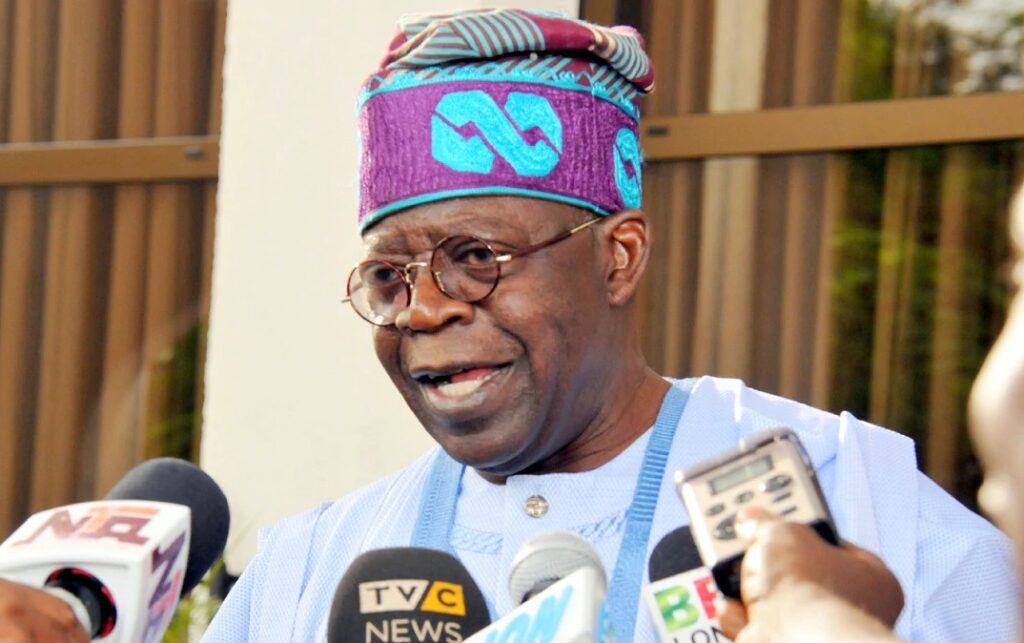
Given the timing of Akande’s book and the tone, it can be argued that it is a ‘Manifesto’ for 2023. The tendency within the APC to which Akande belongs believes that Buhari reneged on their agreement over the choice of running mate twice, first in 2011 and then again in 2015. On both occasions, it was about the idea of equal partnership. What transpired according to him is worthy of another article on its own, but his argument is sacrosanct enough that come 2023 it will only be right that Buhari and his CPC elements in the party should cede the presidency to ACN bloc ably lead by Tinubu.
Nevertheless, attention is now on APC, especially following Akande’s memoir where he qualified Vice President Yemi Osinbajo as “one of our brightest boys”. The memoir also implies that the arrangement that brought Buhari to power in 2015 presupposes that it is the turn of the Tinubu-led defunct ACN or at best the Southwest to produce the APC presidential candidate in 2023. That leaves us with the question of the exact nature of this pact between Buhari and Tinubu when they strategized to capture power in 2015.
